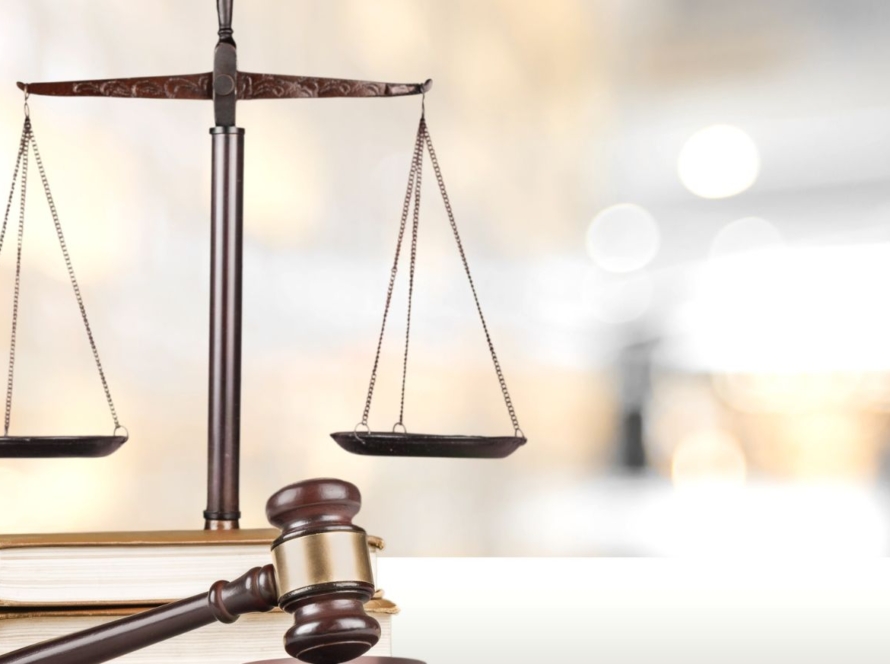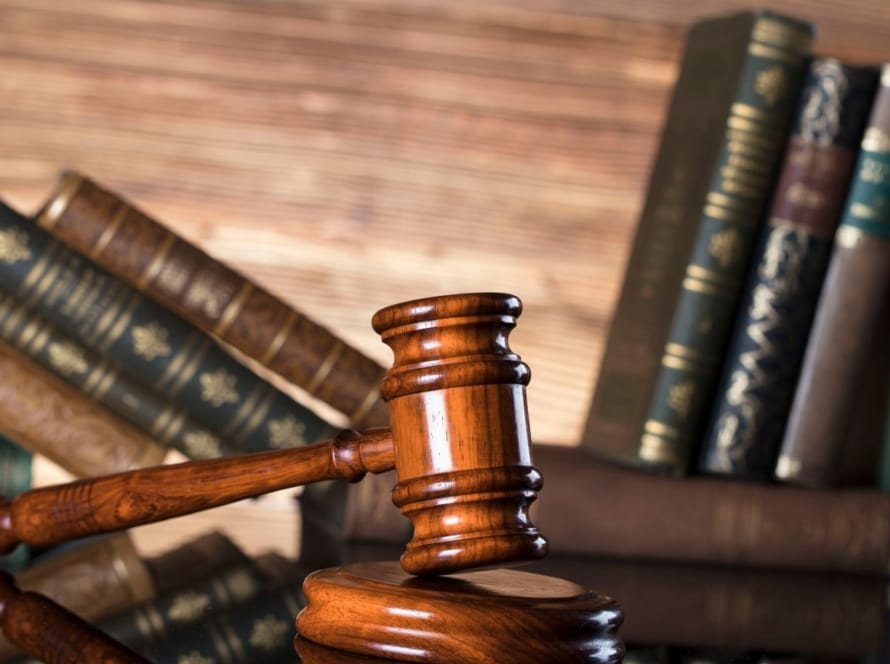By: Aciel Kafu – Legal Researcher
The Council of Ministers recently issued Decision No. 2 of 2024 (“Decision”) pertaining to the formation of the Committee for Combating Commercial Concealment (“Committee”) and determining its remuneration and operating procedures. The decision entered into force following its publication in the Official Gazette. With its foundation rooted in Law No. 3 of 2023 (“Anti-Concealment Law”), the Committee aims to combat concealment practices within the commercial sector in Qatar.
Article 1 of the Anti-Concealment Law defines “concealment” as enabling a non-Qatari person, whether a natural or juristic person, to engage in or to practice a commercial, economic or professional activity, or to invest in such activities, without obtaining the requisite license. Concealment also includes granting to a non-Qatari person a percentage ownership that is higher than the percentage stipulated by a company’s Articles of Association.
According to Article 5 of the Anti-Concealment Law, the Committee’s responsibilities include formulating and overseeing the implementation of anti-concealment plans and programmes, and collaborating with relevant entities to enforce legislation combating concealment practices. The Committee also receives, assesses, and refers notices related to violations of the Anti-Concealment Law to the Public Prosecution.
Furthermore, the Committee facilitates the exchange of information between the competent authorities and implements measures to counter concealment activities. It actively engages with governmental and private entities to develop public awareness programs, and it may undertake any other activities specified by the Council of Ministers.
The Committee convenes by invitation of the Chairman and must be attended by the majority of the members and the Chairman or his deputy. Subject to Article 9 of the Decision, the Secretariat of the Committee receives notices concerning concealment violations which are submitted to the Chairman. The Chairman may then request the Committee or any of the Committee members to collect evidence, before presenting a case to the Committee. An assigned member of the Committee may request and gather additional information or data concerning the notice. Furthermore, and as further stipulated in Article 11 of the Decision, the member responsible for investigating the notice will then request the presence of the violator and set out information relating to the notice including the name of the person testifying, the reason for the notification, the date for the hearing, and any relevant documents required.
Article 12 prescribes the procedures for questioning those accused of concealment. An assigned member must inform the accused of the facts attributed to the violation, as well as the nature of the offence, including all the evidence involved, allowing the accused to seek legal representation during the questioning. If the accused fails to attend the questioning without a valid excuse, the Committee may take additional measures to continue investigating the notice. As stated in Article 13, the member responsible for investigating the notice must document in Arabic the investigation procedures in a signed record prepared by the Committee’s secretary, which is then submitted to the Committee as a whole alongside the relevant documents. The Committee then forwards to the Public Prosecution for further action the notice, along with the record, case file, and related documents.

